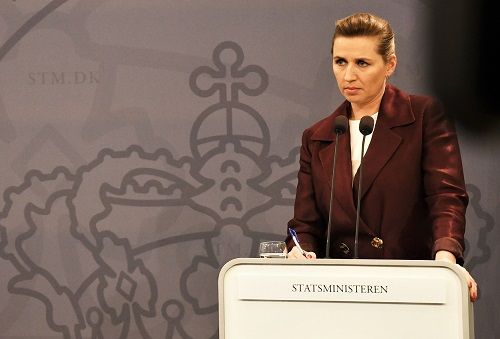Denmark’s Prime Minister Mette Frederiksen (S) entered the debate on Quran burnings on Thursday.
In a longer interview with TV 2 she urged not to get carried away by emotion or put the issue to a referendum.
“Books should be read, not burned,” Frederiksen said.
The PM does not believe that an upcoming law change will impair freedom of expression in Denmark.
“Freedom of expression is not unrestricted. You cannot unhindered stand up and speak for terror, applaud treason, or burn other people’s flags. These are rules in Denmark, of which we have up to 400,” Frederiksen said.
The Prime Minister notes that the government is concerned with the safety of citizens and that the geopolitical reality has changed due to the war in Ukraine.
Furthermore, Denmark spends a lot of effort on building partnerships and alliances.
The Danish People’s Party and Nye Borgerlige argues that the question of a ban on Quran burnings in front of embassies should be decided by a referendum. Frederiksen rejects that possibility.
Police tighten border controls
While the political debate is raging, the police have announced that they are temporarily tightening controls at the Danish borders.
From now on one might experience “random border checks” when entering Denmark from Sweden, according to the Ministry of Justice. The same applies at the Danish-German border.
The intensified efforts come on the recommendation of the Police Intelligence Service (PET).
“Based on the ongoing development in assessed threats, the authorities find that it is currently necessary to strengthen the focus on who is traveling into Denmark in order to counter the concrete and current threats that Denmark is facing,” writes the Ministry of Justice in a press release.
Recently, copies of the Quran have been burned on several occasions in various places in Copenhagen.
The Quran has also been burned several times in Sweden. The Quran burnings have sparked anger against Denmark and Sweden in many predominantly Muslim countries.













